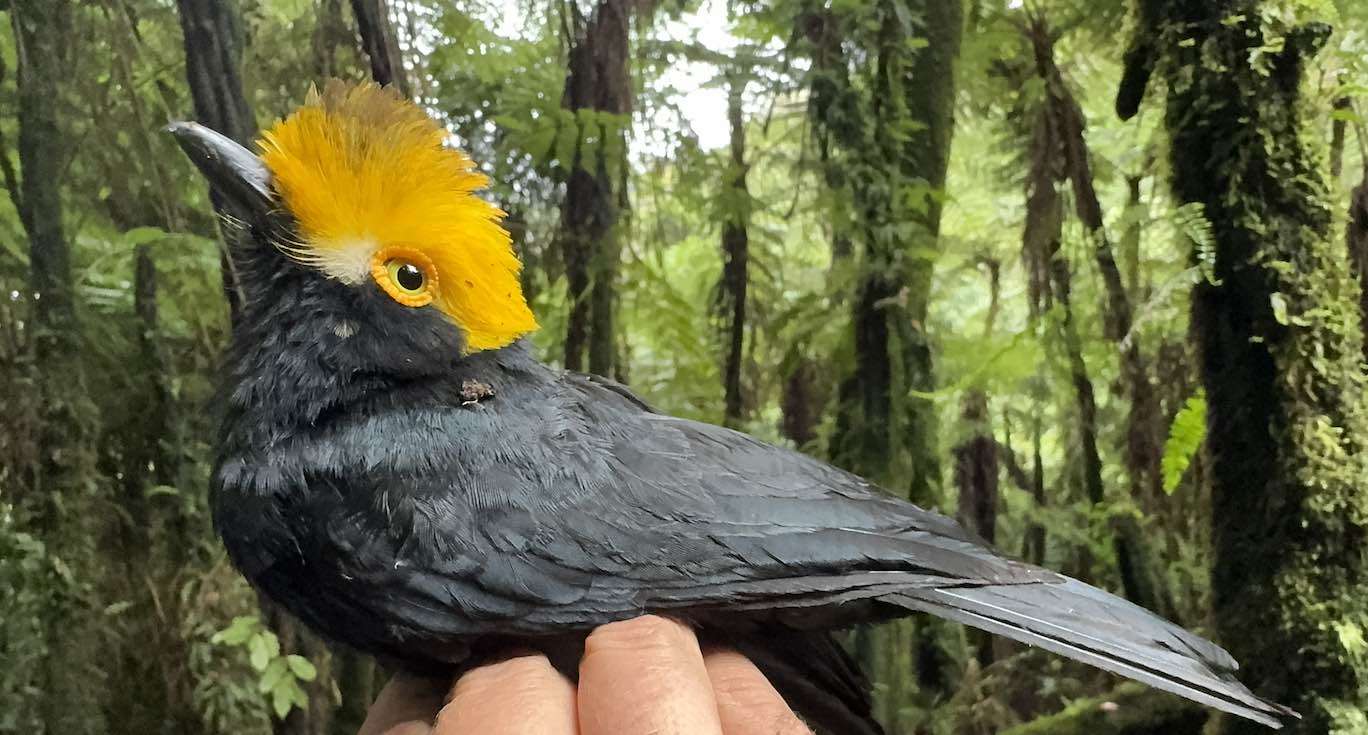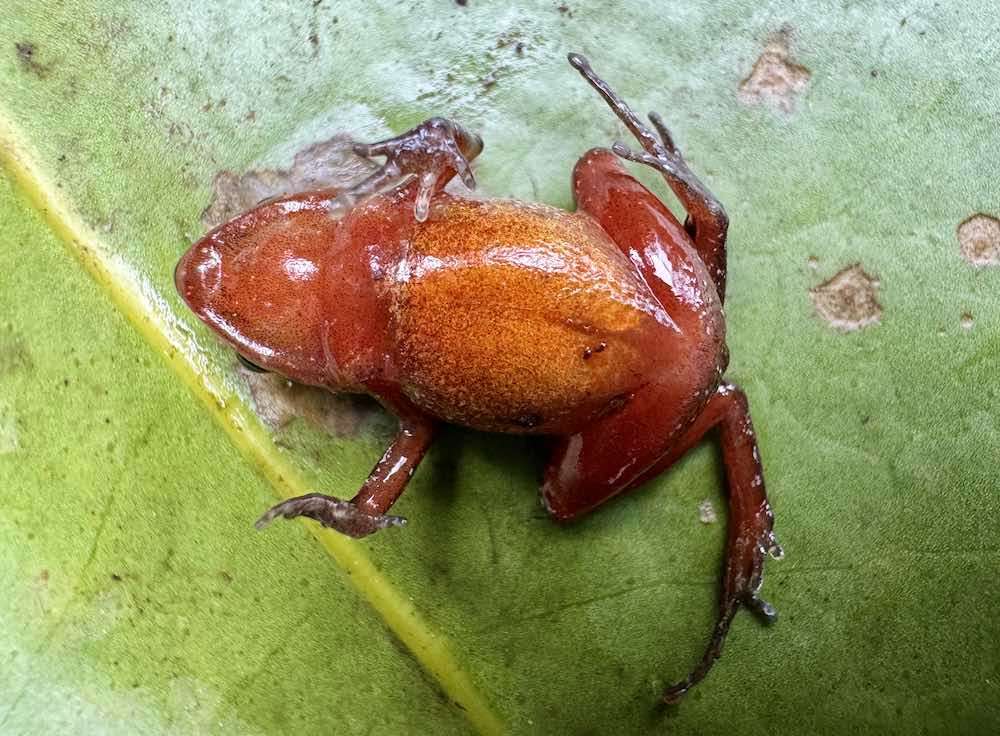Kyoto Passes Law to Protect Traditional Geisha From the Obnoxious Tourist 'Paparazzi'
Citizens of Kyoto, where geisha and their understudies are most often found, have also taken it upon themselves to enforce Japanese etiquette.

For the first time, scientists have captured photos of a bird in Africa that was unseen for nearly twenty years.
Known as the Yellow-crested Helmetshrike, the species had been listed as a 'lost bird' by the American Bird Conservancy because it had not been spotted in nearly two decades.
Scientists from the University of Texas at El Paso discovered a small flock of the birds during a six-week expedition to a mountain range in eastern Democratic Republic of the Congo.
"It was a mind-blowing experience to come across these birds. We knew they might be possible here, but I was not prepared for how spectacular and unique they would appear in life," said UTEP assistant professor Michael Harvey, Ph.D, an ornithologist.
Harvey co-led the expedition with UTEP Professor Eli Greenbaum, Ph.D. They were joined by ornithologist Matt Brady, as well as a group of Congolese researchers from the Centre de Recherche en Sciences Naturelles.
The team trekked on foot for 75 miles through the depths of the Itombwe Massif mountains, studying birds, amphibians, and reptiles along the way.
While exploring the cloud forests on the slopes of a mountain, Harvey and Brady stumbled upon the helmetshrike-a striking black bird with a bright yellow "helmet."
In total, about 18 helmetshrikes appeared in noisy and active groups among the mid-layer of forest vegetation at three sites, during the expedition.
The bird is endemic to the western slopes of the Albertine Rift of Central Africa, according to Harvey, a region that has been largely inaccessible due to war and security issues, but which has recently become safer to visit.
"This inspires hope that perhaps the species still has a reasonably healthy population in the remote forests of the region," Harvey said.
With mining, logging, and agriculture making inroads deep into the forests of the Itombwe range, the team is in discussions with other researchers and conservation organizations to launch efforts to protect the helmetshrikes.
"Right now is a golden opportunity to protect these tropical forests, so that we don't lose species like the helmetshrike before they are known and studied," said Harvey.
The expedition, which ran from December 2023 to January 2024, yielded other important discoveries.

The herpetology team rediscovered the Red-bellied Squeaker Frog (Arthroleptis hematogaster) which had not been seen since the 1950s.
This was Greenbaum's eleventh expedition to the Democratic Republic of the Congo where he was inspired to write his book, Emerald Labyrinth: A Scientist's Adventures in the Jungles of the Congo.
The dean of the College of Science at UTEP hopes these groundbreaking discoveries will illuminate and inspire students and scientists worldwide.
FLY THIS BEAUTY to Bird Lovers By Sharing on Social Media…
Be the first to comment